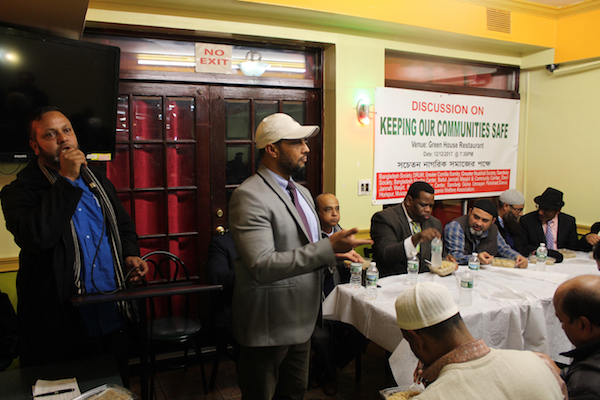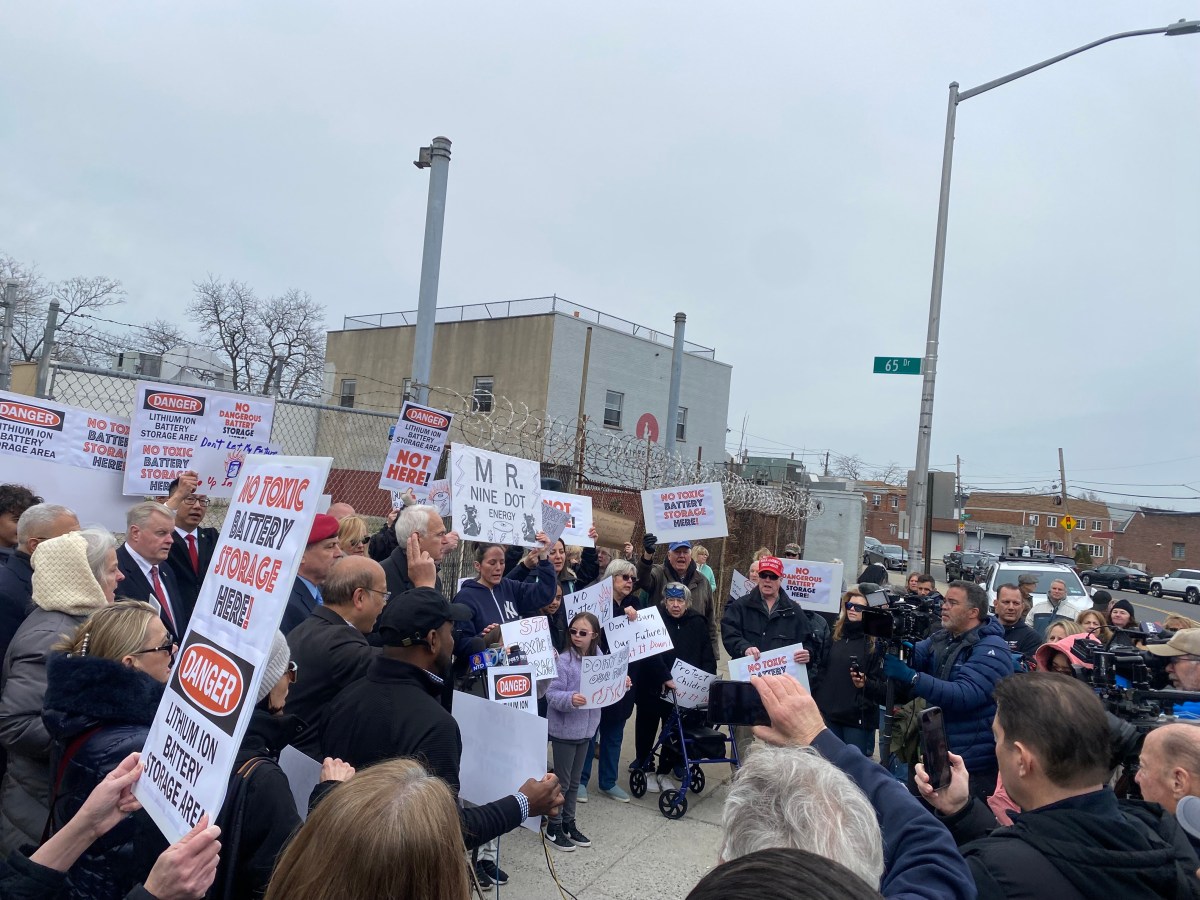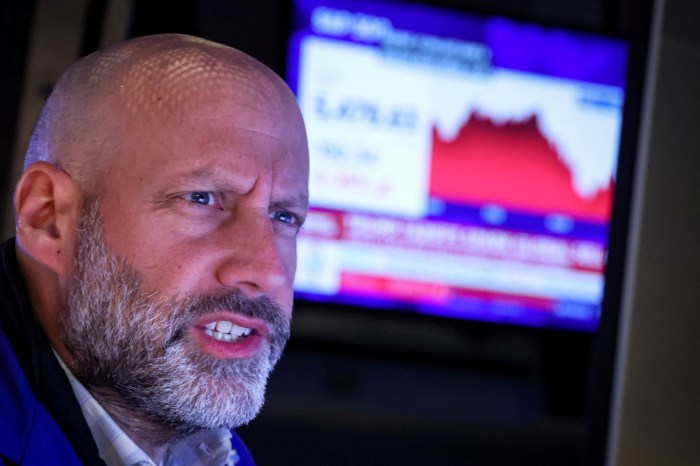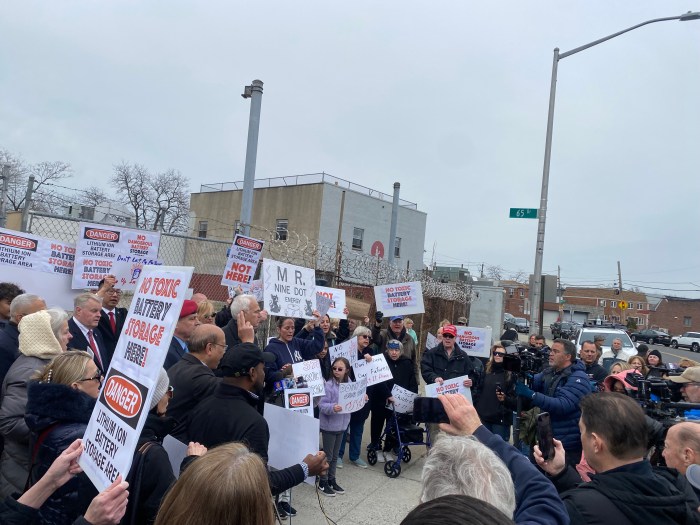
BY ADAM LUCENTE | Religious leaders must not disown the Brooklyn man who on Dec. 11 allegedly ignited a bomb in a tunnel linking two subway stations, but instead recognize his connection to the Islamic faith and better educate young worshippers, argued some local Muslims who gathered at a Kensington restaurant the day after the incident.
“He is Muslim, he belongs to us. He did something wrong, and saying he doesn’t belong to us doesn’t solve the problem,” said local Sirajul Islam. “Many don’t provide proper Islamic education to their children, but when it comes to condemning this and finger-pointing, they’re experts.”
More than 100 people attended the event, including members of Kensington’s Masjid Nur al-Islam mosque, where the suspect — 27-year-old Bangladeshi immigrant Akayed Ullah — sometimes prayed, according to a congregant.
“People in the mosque have seen him,” said Maruf Alam. “I may have seen him. He’s a very quiet kid.”
Local religious leaders need to more actively engage young Muslims in their communities because youths here have unfettered access to ideologies that can corrupt their understanding of the faith, another attendee said.
“Islam is not for killing people so you can go to jannah,” said Kensington resident Abdul Hamman, using the Arabic word for heaven. “Our youngsters do anything here. There’s no freedom back home, but freedom has a limit. We need to watch what they are watching and doing.”
But others at the meeting argued that local Muslims and Bangladeshis should not collectively accept blame for Ullah’s alleged act of terror, because he acted alone when committing the crime.
“You don’t have to say, ‘Nobody I know supports terrorism,’ because this is not our mistake,” said Kazi Fouzia, who heads South Asian activist group Desis Rising Up and Moving. “Nobody can target us. We are okay as a Bangladeshi community and proud.”
Another local firmly rejected the possibility that area Muslims share the radical view of Ullah, who told investigators he set off the bomb in support of the Islamic State.
“As Muslims we never accept or support it,” said Kensington resident Mohammad Khan.
And one speaker expressed concerns about how community leaders will broaden their outreach to further the anti-extremist message preached at the session, which two NYPD community affairs officers, reps from the city’s Commission on Human Rights, and electeds including Assemblyman Robert Carroll (D–Kensington) and Councilman Brad Lander (D–Kensington) also attended.
“This was largely attended by older men in the community — no women, no young people — and it wasn’t advertised,” said Shahana Hanif, Lander’s Bangladeshi-community liaison.



































